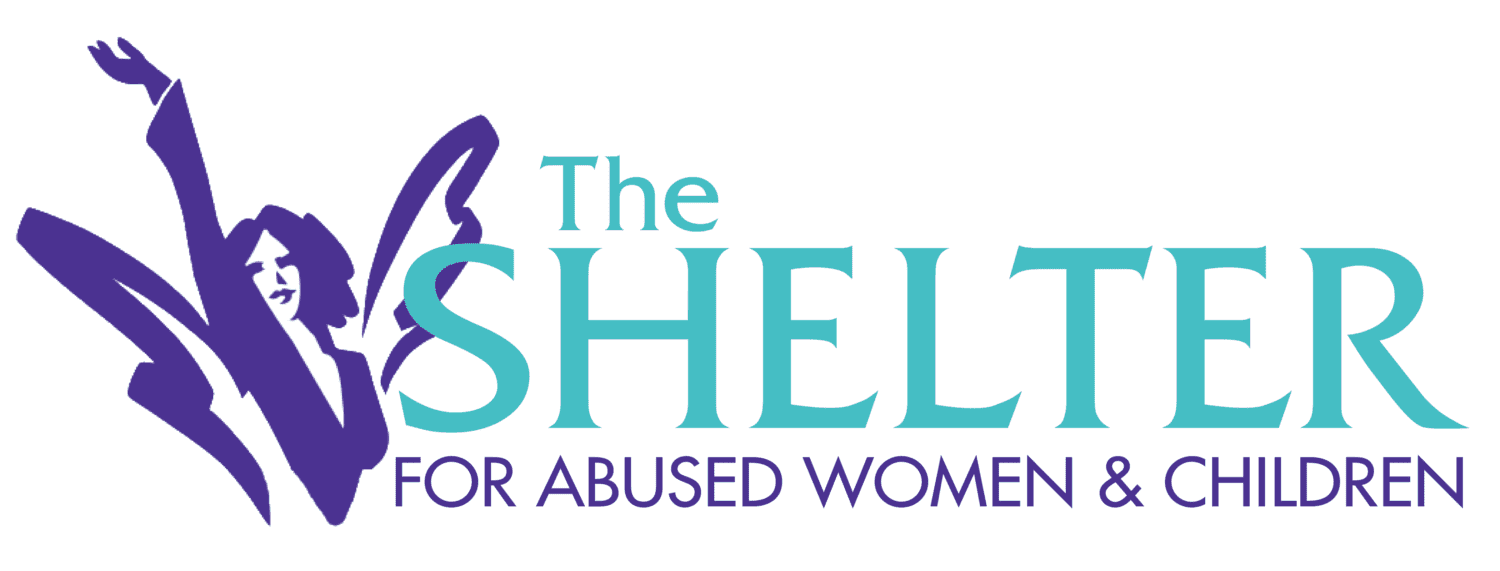How to know if your child is in an abusive relationship
 By Dr. Daphne King
By Dr. Daphne King
Assistant Professor and Master of Social Work
George Mason University’s College of Health and Human Service
Twenty-six percent of women and 15% of men who were victims of intimate partner violence reported that their first experience was before age 18, according to the Centers for Disease Control and Prevention Youth Risk Behavior Survey and the National Intimate Partner and Sexual Violence Survey.
During Teen Dating Violence Awareness Month (February), George Mason University researcher Daphne King, EdD, associate professor in the Department of Social Work, continues to bring awareness to intimate partner violence in young people.
“As with adult intimate partner violence, many teenagers who experience violence in their dating relationships do not tell anyone,” said King. “It is important to look out for warning signs and check in with anyone you know experiencing any of the signs.”
One in three teens in the United States will experience physical, sexual, or emotional abuse from someone they are in a relationship with before they become adults. Teen dating violence includes physical violence, sexual violence, psychological aggression, and stalking and can take place in person or electronically.
10 Warning Signs of Teen Dating Violence
- Using insults, intimidation, or humiliation
- Extreme jealousy, insecurity, or controlling behavior
- Isolation from friends and family
- Explosive temper or unusual moodiness
- Constantly monitoring social media activities or location
- Invasions of privacy; showing up unannounced
- Leaving unwanted items, gifts, or flowers
- Abusing alcohol or drugs
- Threatening or causing physical violence; scratches, bruises
“Even just one of these warning signs indicates a risk of teen dating violence and that you or the person experiencing this needs help. While some of these signs can be associated with issues other than teen dating violence, it’s important to act on red flags like these,” said King.
Parent involvement is a protective factor to safeguard teens against engaging in risky behaviors. Here are a few tips especially for parents:
- Talk honestly and openly with your teen about what healthy relationships look like and that violence (verbal, physical, or sexual) has no place in a healthy relationship.
- Know and recognize the signs of abuse, as well as the facts of dating violence.
- Look for changes in your teen’s mood, appearance, or activities; which could be an indication that something is wrong or abuse is happening. This could be things, such as a drop in grades, unexplained bruises, or a change in friends or peer group.
Teen dating violence has a lifelong impact on a person’s health and can be detrimental to a person’s physical and emotional well-being. Violence can lead to antisocial behaviors and symptoms of depression, anxiety, substance abuse, and future unhealthy relationships.
There are many resources available if you or someone you know is being abused. Talked to a trusted adult or visit loveisrespect.org for support and help.
Dr. Daphne King is an assistant professor and Master of Social Work online program coordinator in the Social Work Department of George Mason University’s College of Health and Human Service. King’s research interests are self-esteem issues in teens and adolescents, mental health concerns and treatment modalities for women of color, specifically African-American women, and the impact engagement in Christianity or spiritual practices have on self-esteem. King is an expert in treating teens and adolescents with self-esteem issues and depression and has facilitated numerous clinical and psychoeducational groups on self-esteem issues for teens.





